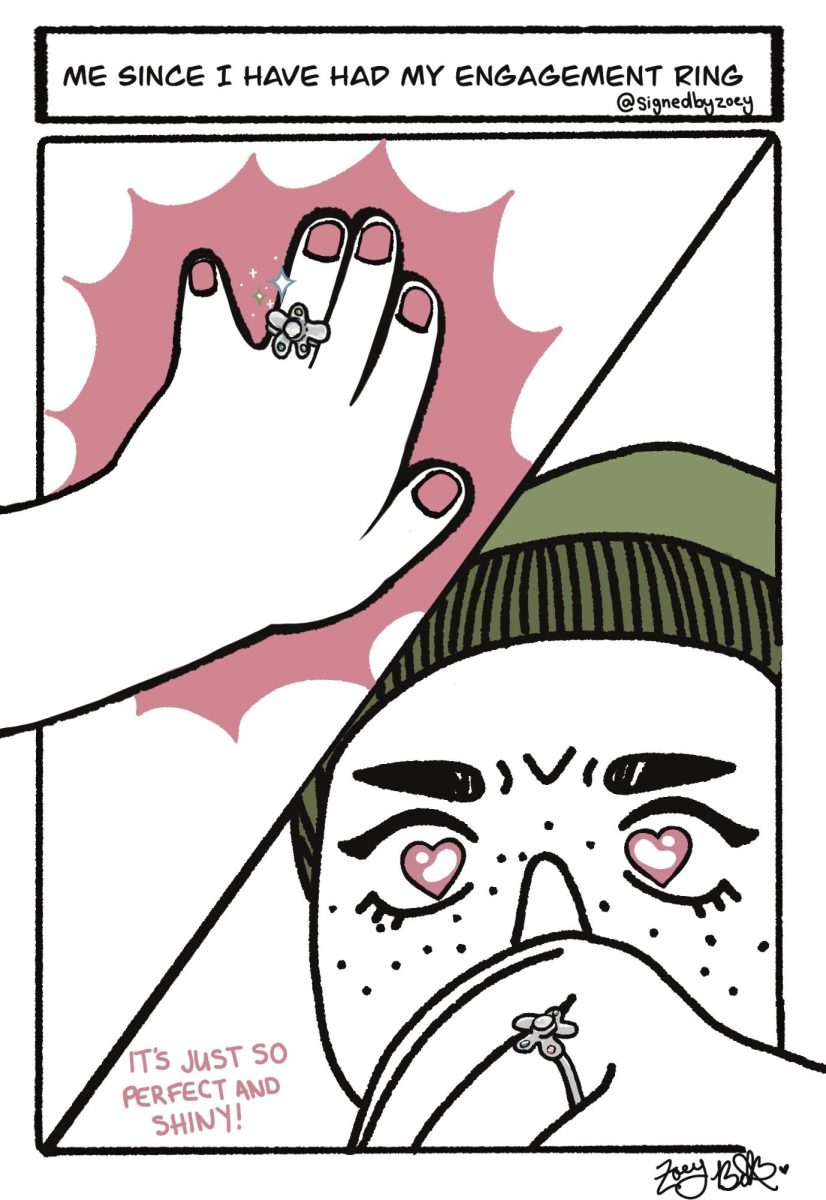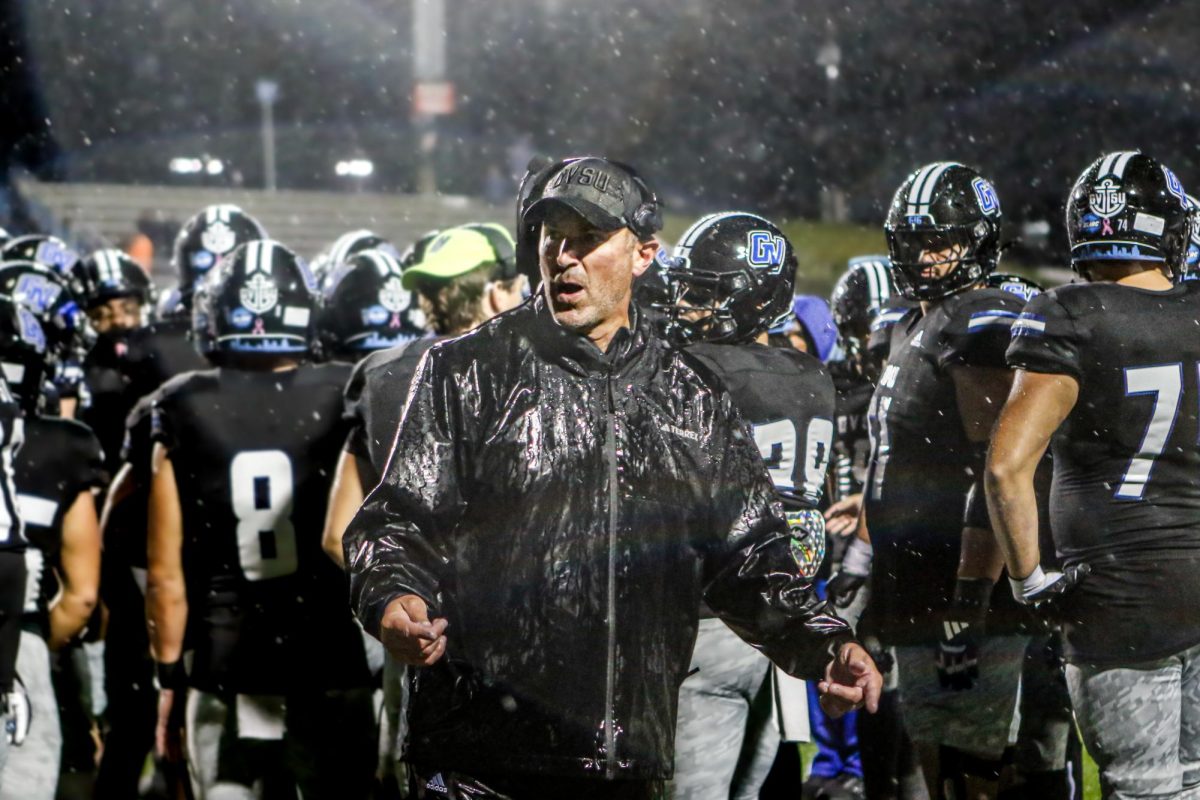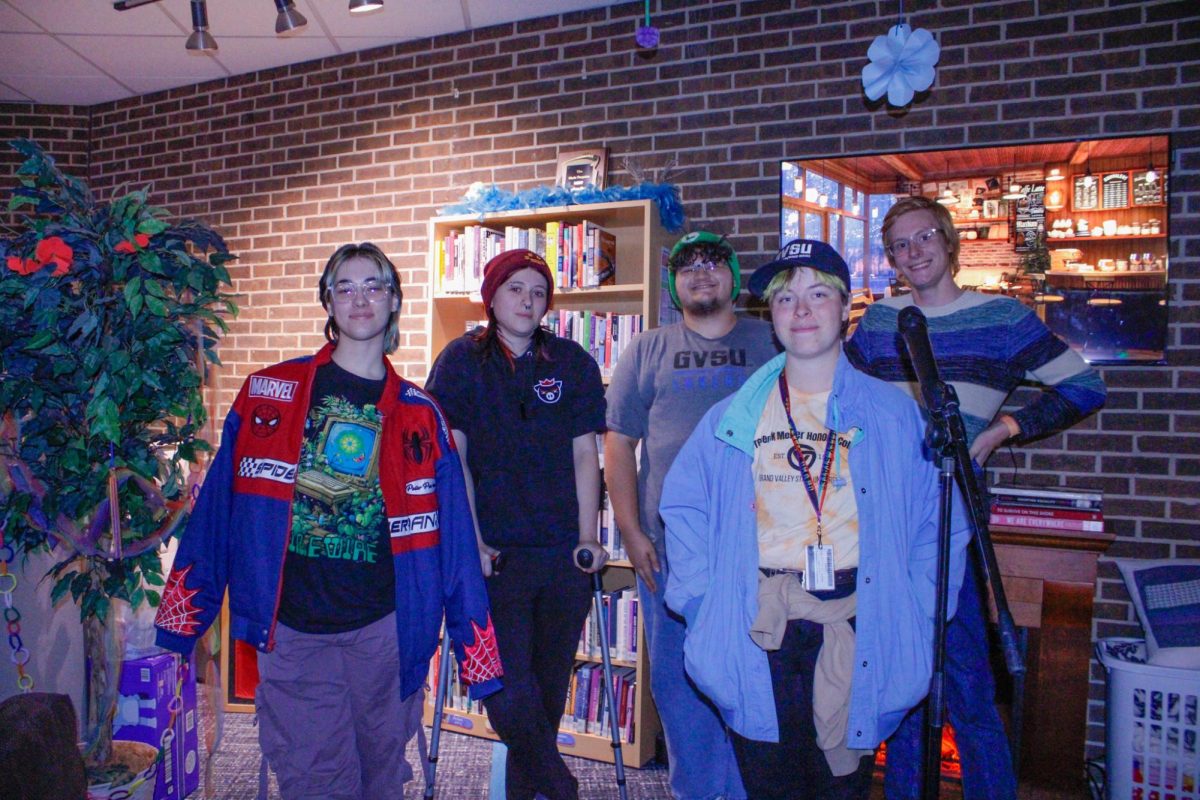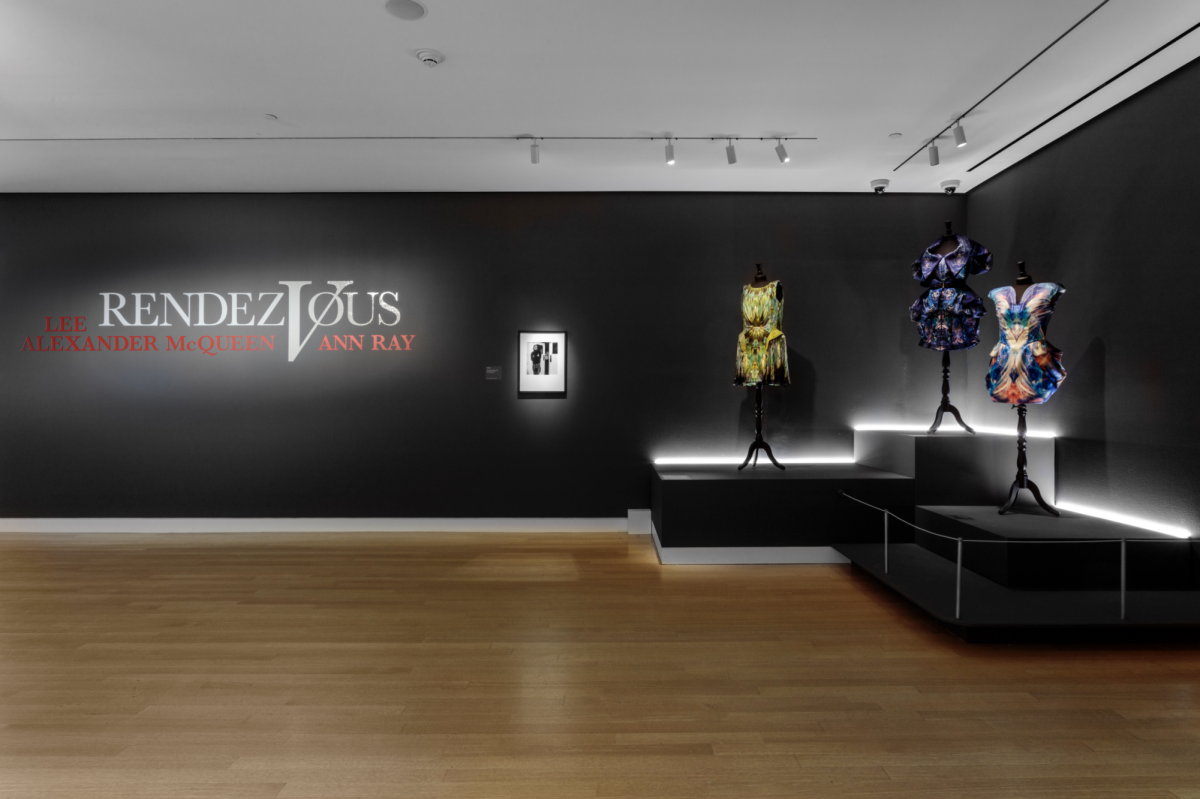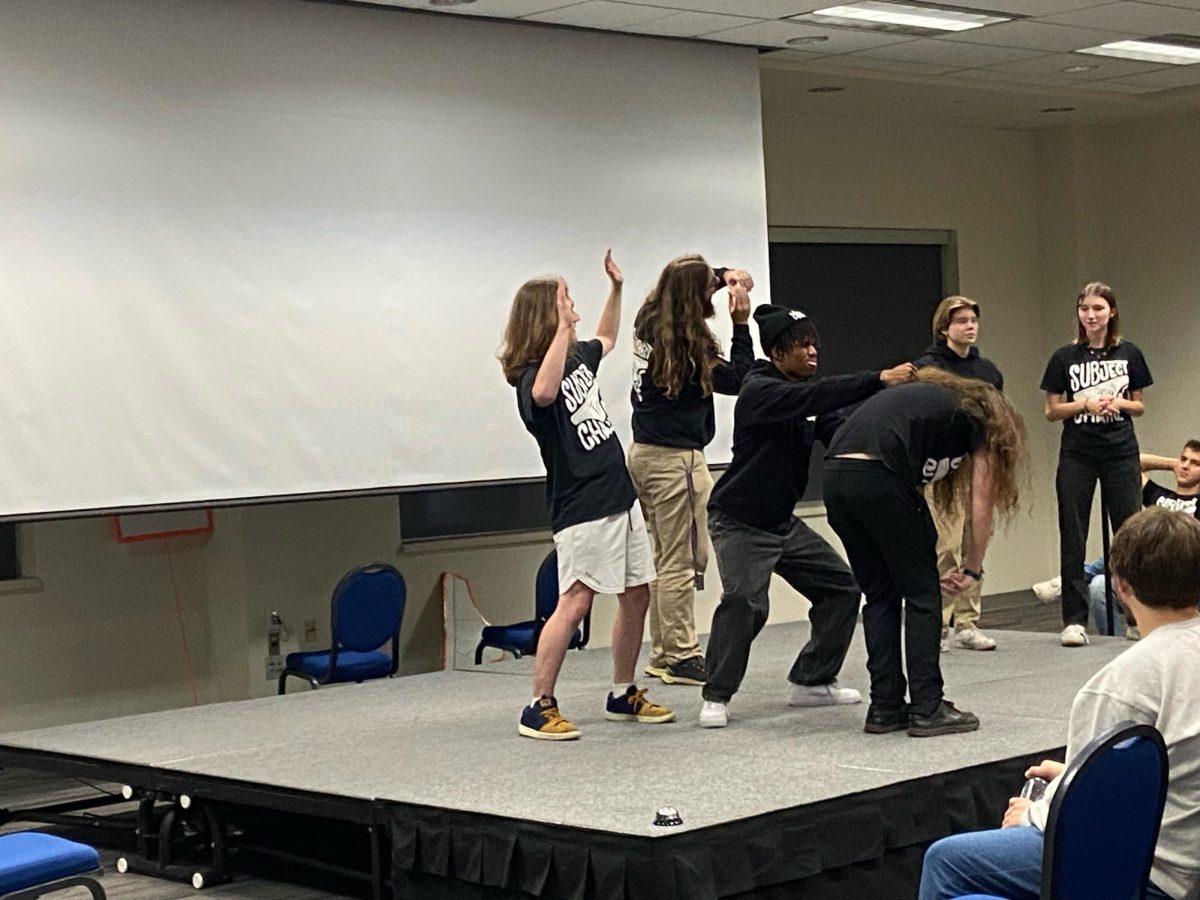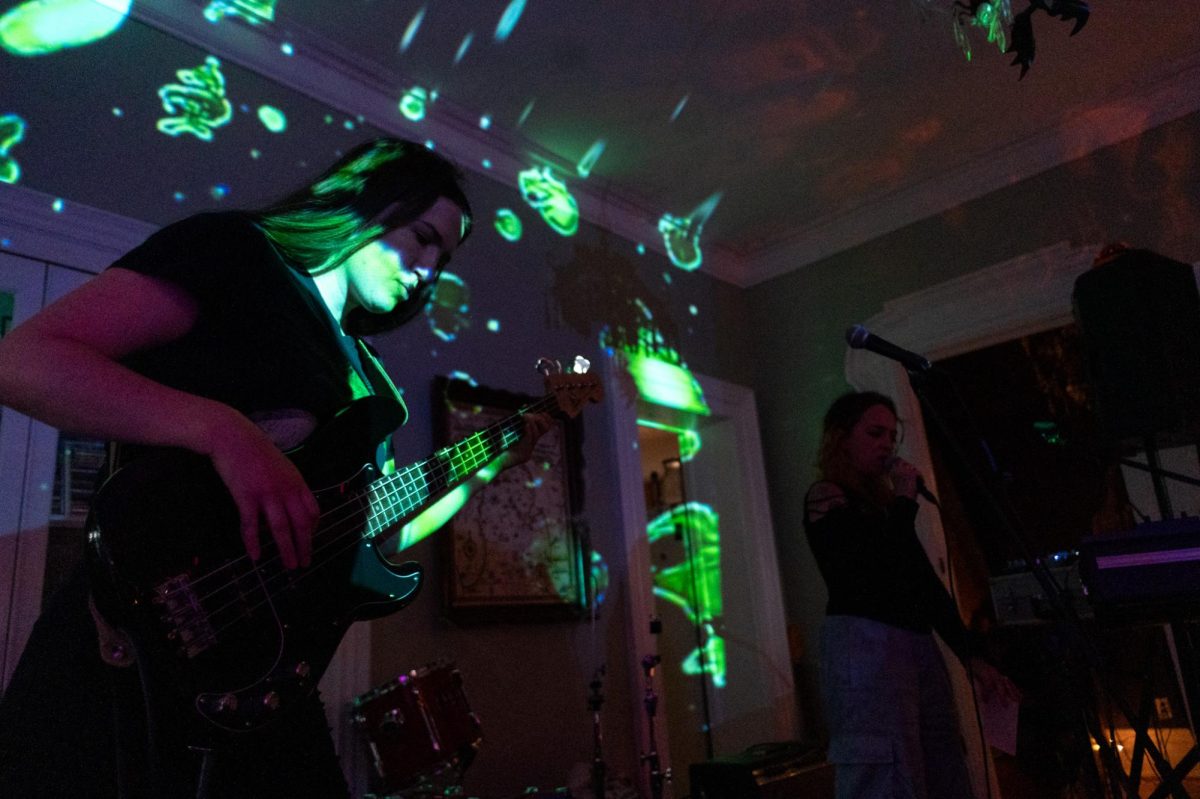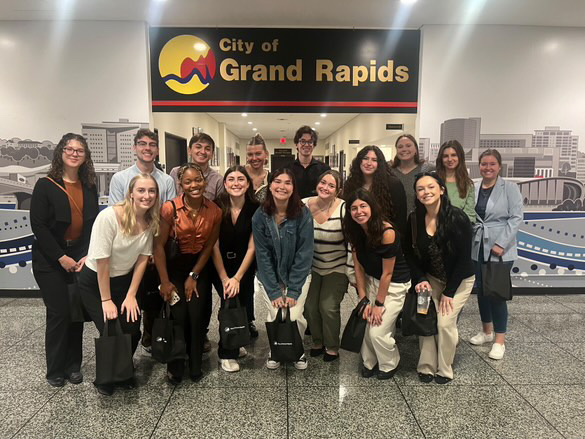The day the music died, but not really
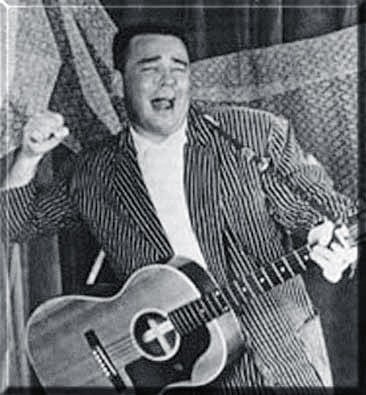
Courtesy Photo / streamingoldies.com J.P. “The Big Bopper” Richardson died in a plane crash in 1959, along with Buddy Holly and Ritchie Valens
Feb 3, 2011
For the music industry today, Feb. 3, stands out as the day music lost three of her favorite sons and a day when posthumous record sales spike. Today is known as “The Day the Music Died,” but the statement couldn’t be further from the truth.
The year was 1959 and Buddy Holly, Richie Valens and J.P. Richardson, better know as “The Big Bopper,” had just chartered a flight to the next stop on their tour, “The Winter Dance Party.” Tragically, they would never make it to the gig.
Holly, Valens, Richardson and their pilot were killed when their plane went down not long after take off around 10 a.m. 52 years ago today. The wreckage of the plane, a Beech-craft Bonanza 35 (V-Tail) was scattered along a 570-foot long trail in a cornfield near Clear Lake, Iowa.
It was estimated that the plane hit the ground at roughly 170 mph, killing everyone on board instantly from what the county coroner called “gross trauma” to the brain. Poor conditions and pilot error were ruled the cause of the crash in the original investigation.
The most recent update to the case only reconfirmed the initial conclusion. Richardson’s son had autopsy done on his father’s remains in 2007. The body was found to show massive fractures consistent with the case, though Richardson’s body was found much further away from the others at the crash site. A detail at first overlooked was the finding of Holly’s .22 caliber pistol amidst the debris. No evidence of accidental firearm discharge was ever found.
Four days earlier, the three musicians were in a booth at Al’s Meet & Eat restaurant in Tipton, Iowa where the only news they would ever make there would be a short story in the Tipton Advertiser two days later that read: Three Rock ‘N Roll Performers Visit Here; Killed In Plane Crash.
The three artists all had recorded at top ten single when their plane went down in an unassuming – now infamous – little town in Iowa. Though brutal and unfortunate, the young men who took rock and roll fever and spread it across the U.S. have burned their legends into history in a flame of Glory.
Rock n Roll history is littered with the sad and untimely deaths of young, promising talent and yet their posthumous careers carry on, some likely bigger than the individual would have ever realized if they had not met early death. Each year, compilation albums, best of collections and a litany of other memorabilia are produced in their names, which generate loads of revenue for the music industry.
Clearly the artists no longer benefit from the sales. So who does?
While Buddy Holly was alive, he produced three albums. In the years after his death more than 49 albums were made bearing his name and work. Valens recorded two albums while alive and seven compilation albums have been released since his death as well as numerous unofficial releases. The 1987 film “La Bamba,” which chronicled Valens’ rise to fame, eventually went on to gross $52,270,820 over 12 weeks in the U.S.
In his brief career, Holly only made approximately $60,000 in royalties. Today, memorabilia from his estate, such as one of his guitars, fetched $242,000 in a 1991 auction. Gary Busey, who played Holly in a 1978 bio film, was the purchaser.
While personal items of the dead stars continue to sell over time with most of the profits collected by immediate family or private collectors, their albums continue to sell as well and give new meaning to the term “working stiff.”
With no direct artist to pay royalties to anymore, who stands to gain from the continual purchase of these albums?
Record companies? Music rights holders? Movie studios?
Currently, Holly’s widow, Maria Elena Holly, owns the rights to his name, trademarks and other intellectual property. However, she does not own the rights to his music. Beatle Paul McCartney, notorious for his song rights debacle with Michael Jackson, owns Holly’s music rights.
According to Nielsen SoundScan, Holly has now sold more than 1.5 million albums since 1991. Tupac, Johnny Cash, Elvis Presley and Kurt Cobain have all sold more 20 million albums since their deaths. Michael Jackson, who died in June 2009, has sold 2.3 million albums.
Still, considering that living or dead artists continue to rake in money with merchandise, re-mastered album releases and now digital sales, the music industry continues to cite concern over dipping record sales, even though industry revenue remains in the billions.
In 2009 the Recording Industry of Association of America reported these figures:
-Digital formats comprised a record 41 percent of total music shipments in the U.S. This is an increase from 34 percent in 2008, and 25 percent in 2007. The total digital music market reached $3.1 billion in 2009.
-Distributions for digital performance rights, which include payments to performers and copyright holders for web casting, satellite radio, and other non-interactive digital music services, increased 55 percent to $155 million in 2009.
-Overall shipments of recorded music in the United States fell 12 percent to $7.7 billion.
Seemingly, if digital shipments continue to rise in coming years the annual revenue from those shares will begin to make up the difference in the drop of physical shares.
RIAA claims RIAA members create, manufacture and/or distribute approximately 85% of all legitimate recorded music produced and sold in the U.S.
In 1959, claiming Feb. 3 “The Day the Music Died” likely captured the sadness in the hearts of music lovers, but it stopped there. More people than ever are continually exposed to music as it compromises a large part of any culture and the music industry continually reports billion dollar years. The music industry is clearly not dead or even dying, unlike Holly, Valens, Richardson and the numerous eternal legends whose music persists today.






